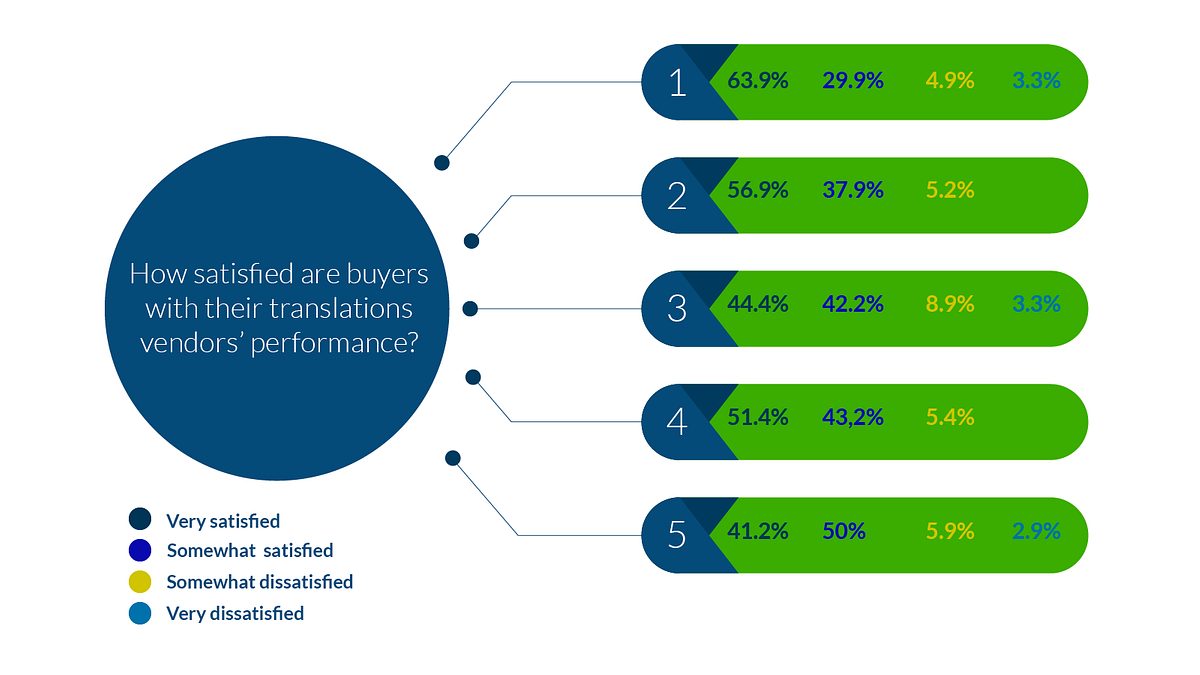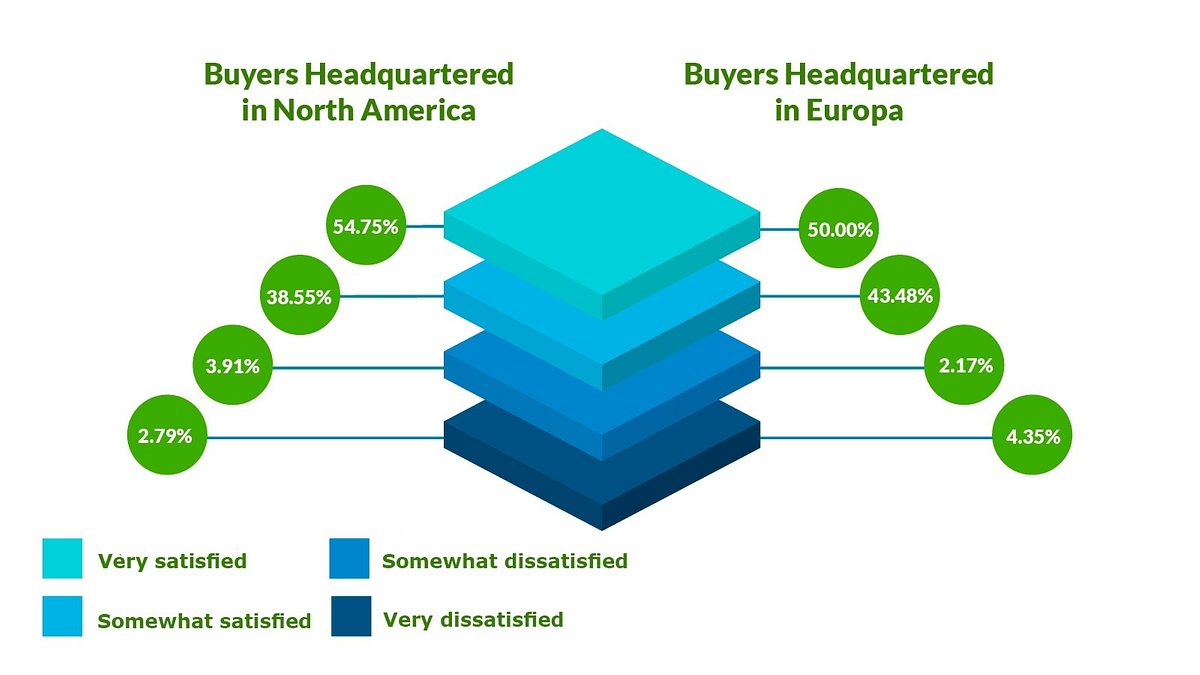
Why LSPs should prioritise customer retention over sales
As an LSP, you already know it isn’t easy to make a translation sale. It’s an even more daunting task to win a big account, particularly in an industry which is populated with thousands upon thousands of competitors. Below, we discuss the Common Sense Advisory’s data on customer satisfaction, its link to sales, and why you need to be prioritising customer retention.
CSA survey and results
The CSA surveyed 73 decision-makers in 2010 and asked a range of questions about their translation service providers. The most pertinent findings are listed below.
- Europeans are slightly less pleased with their vendors, while North Americans are more likely to report high levels of satisfaction.
- Most buyers are satisfied with their translation vendors. Most don’t feel the need to move to a new vendor.
- Many buyers are considered low-hanging fruit. Fortunately, it’s easier to sell to customers who are unhappy.
- Big spenders are somewhat less pleased with vendors. Those who spend more are more demanding and less likely to report being highly satisfied.


Based on the above findings, LSPs can use the below for their sales performance and prioritise customer retention:
- Have realistic requests for proposals – even if a customer is not looking to change, they may do an annual review of vendors to make sure they are on the ball. Find out early on what their review process is and prioritise your efforts accordingly.
- Concentrate on opening the door, not shifting a competitor – less than 5% of the buyers who were surveyed reported being dissatisfied with their current vendor. This means an LSP is more likely to get a foot in the door by determining how they can supplement or enhance the client’s process, as opposed to plotting to replace the existing vendor.
- Concentrate on your clients – it’s important to look after your current customers instead of looking your competitor’s dissatisfied customers. Neglect your current accounts, and your clients may go elsewhere. Find out if any customers are unhappy and focus on fixing the issues.
- Capitalise upon your current accounts. For example, make sure you’re getting the most out of your existing big accounts. You’re probably not their only vendor, so figure out what you need to do to get more business from them. It may be easier to get more business from existing, happy customers instead of concentrating all your efforts on winning new business.
- Make sure your staff knows how to retain clients. If your business believes in steady and long-term growth, then it’s a good idea to obtain the services of an account manager instead of taking on a team of sales personnel.
In the CSA report, many clients said they learn about new vendors via referrals. Accordingly, new business may be generated as you look after the accounts you already have. Obviously, an effort in regards to sales is necessary if your priority is growth, but don’t forget about the clients you already have. They’re worth more than the ones you don’t yet have on the roster!
About Wordminds
Wordminds is a close-knit team of language experts – professional translators, project managers, localisation engineers and business visionaries who work closely with global clients, helping them connect with their international audience. Wordminds works with over 3,000 language specialists and subject-matter experts to enable companies to overcome cultural and language barriers, helping them build trust and create long-lasting business and human relationships. Fully certified under ISO 9001 and ISO 17100, the company believes in continuous improvement and so stands at the forefront of new language-technology implementation, smart collaboration and excellent customer service. Find out more about Wordminds.
Join our Newsletter
Stay up to date with the latest articles, news and translation insights


